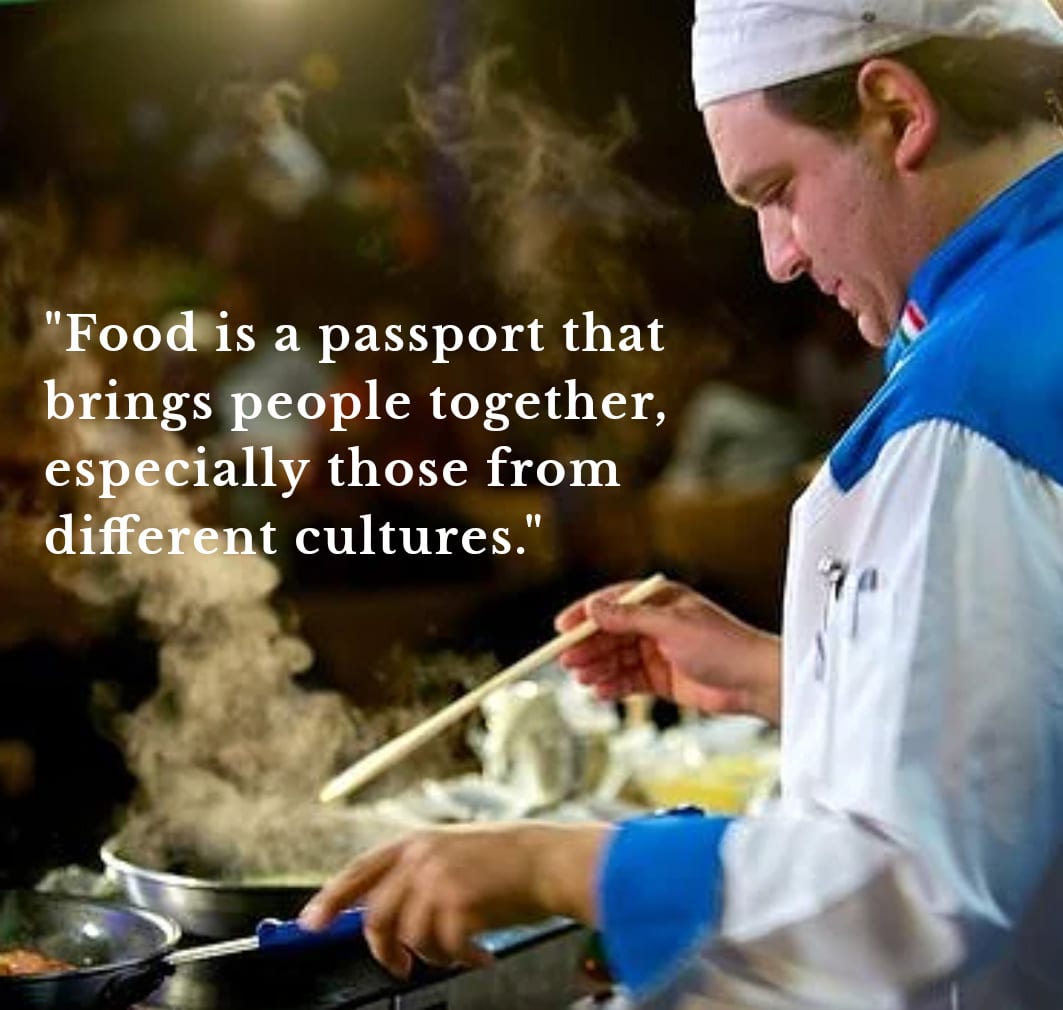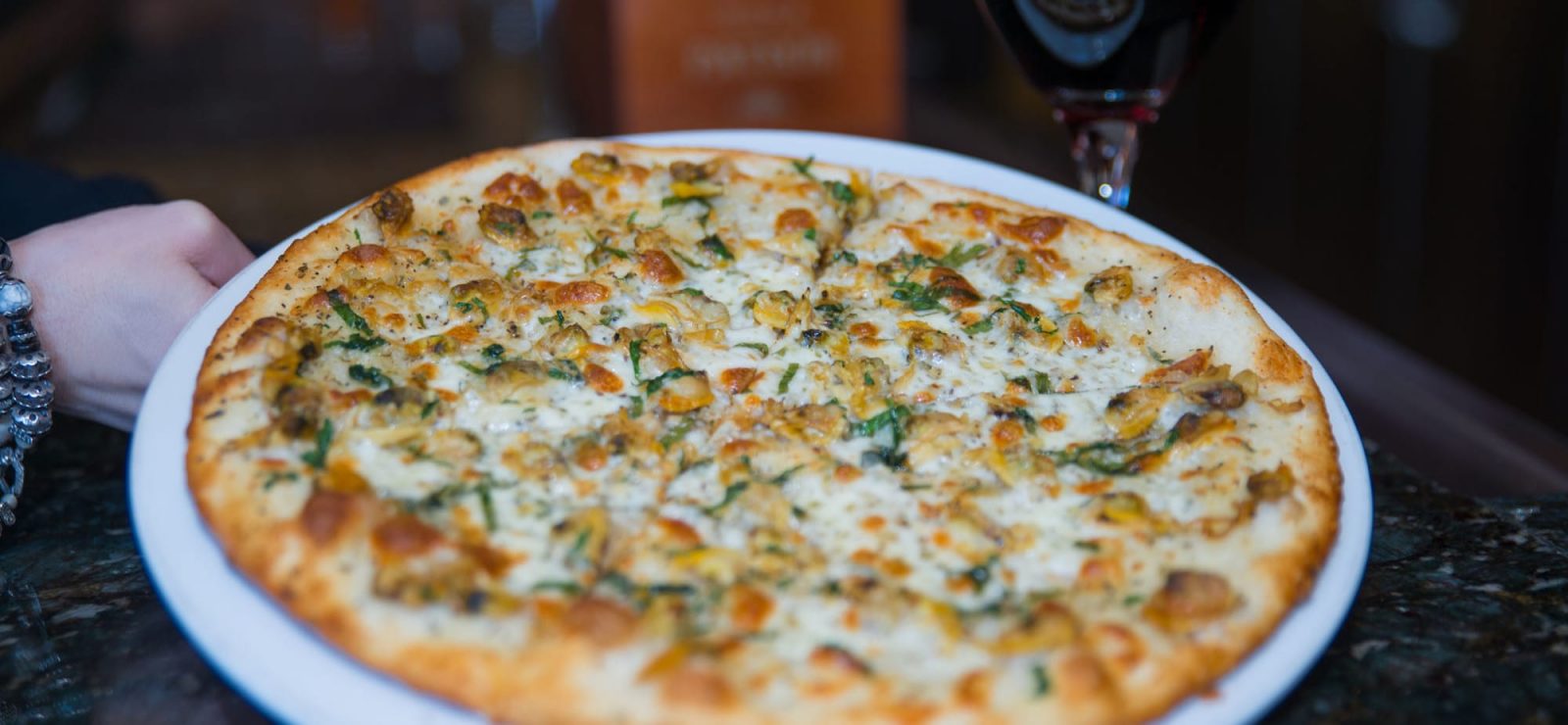
Many people travel, and many professions demand that their employees travel for their job. But traveling, and submerging yourself into the place you are visiting are two different things. For example, you can travel to New Orleans for a few days, eat at some great Cajun/Creole restaurants, visit the famous French Quarter, listen to some wonderful jazz music, even do a Mississippi River cruise, and in a few days be on your way back home.
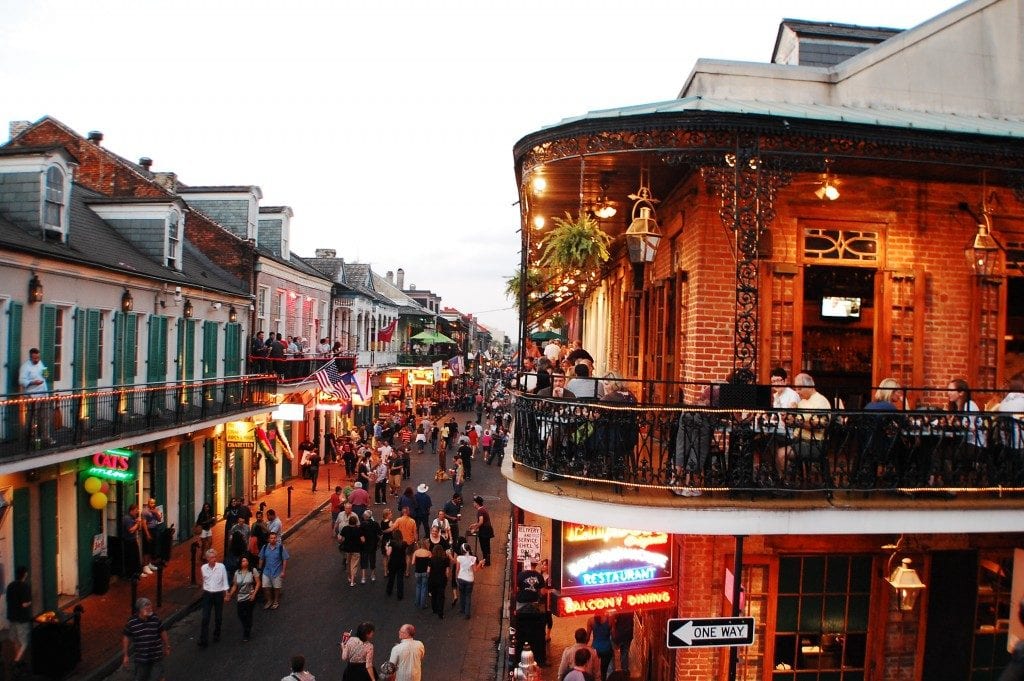
Yes, you had a nice couple of days in New Orleans, but you didn’t submerge yourself in the life, the food, and the culture of the city long enough for it to be a life-changing experience for you. As you move forward it probably didn’t change your outlook on things at all. This is where being a chef comes in handy. It’s one of the few careers where you can travel to another state or country, and from the vantage point of cooking, quickly submerge yourself into the heart of the place you are visiting. This has to be one of the most fantastic benefits of being a chef! Food acts like a passport that brings people together from different cultures. And, no one knows this simple fact better than the men and women that stand in front of a stove every day to serve people.
Yes, from the standpoint of cooking you’ll encounter the beating heart of a culture and meet the soul of its people!
People that cook with a deep-rooted passion for their history and for their indigenous ingredients are a very big part of the place you are visiting. As for chefs that venture to new places on a map, we are very blessed and fortunate to be able to submerge into a new culture through cooking. When looking at travel through these eyes (traveler’s eyes), we can see how truly wonderful and powerful a chef’s journey can be. This kind of vision adds to the mystique and charm of cooking.
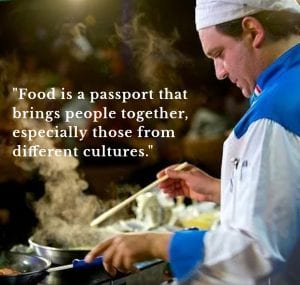
Wherever you travel, people are different in terms of their food culture. This is true from state to state in America and country to country around the world. Within countries, we can break down food traditions even further as to how they change from region to region. Why is this? Well, for starters religion, housing, wealth, ethnicity, political views, climate, soil content, etcetera all change from place to place. This has a great impact on the foods people eat. All people, whether they are within our country or from other countries in the world, hold on tightly to their respective food culture, its history, and its gastronomic secrets. It’s part of what defines them as a people.
In any case, food and its history are something that creates a great social connection between people of a particular area. People from New Orleans are very proud of their culinary delights just as much as Italians or French are about theirs. There is a sense of community that comes with food and it’s a common ground that all walks of life hold dear and enjoy.
Sadly, as you make your way closer to city life and farther from the source of cultivation and its origins, food loses its soul purpose. Appreciation for the magical life force that food has provided mankind throughout history gets lost. This became very apparent to me when I drove from Los Angeles to New Jersey, back in 1999. I stopped in many places along the way during this eleven-day road trip. This cross-country journey opened up my eyes and planted seeds of inspiration in my mind as to how food is literally a roadmap to and through other cultures. It was just as important as the roadmap I was using to navigate my way back to the east coast. Food is the root and essence of a real travel experience to learn about its people—period!
I experienced this once again a few years later while working and studying in Italy. I realized that most of the great restaurants were often located in rural areas scattered throughout Italy. The locals explained to me that in every region of Italy, the cuisine is very traditional, with a great connection to the local products of that particular area. A famous restaurant representing its region must be near to the source of the ingredients represented on its menu. My cooking background up until this point had brought me to big cities such as London, New York, Los Angles, and even Miami. As an American-minded person, big cities are where the swanky, sexy, award-winning, “famous chefs” and restaurants were. However, I came to realize that in Italy, it was quite the opposite. What was important for regional restaurants was that they were located in the smaller cities, villages, or rural locations for the most part. This provided them with close proximity to the farms and the local specialty producers that they relied on. With this closeness, it is much easier to showcase the freshness and the special qualities of locally-grown products, while keeping true to tradition. Ultimately and most importantly this translates to keeping intact the integrity of classic dishes by using the simplest and freshest of ingredients that are locally grown.
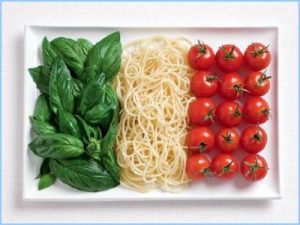
An Italian chef friend explained this to me. He made mention that Dover sole would not be flown in from England, to land in the city of Bologna, to eventually end up as someone’s dinner in a countryside restaurant in the Emilia Romagna region. This would be a food crime in Italy! In Italy, chefs don’t worry so much about the Michelin stars—that is French. Or the “cool” big city restaurants—that’s American.
Here are some words of wisdom to all you aspiring young chefs out there that want to cook in Italy. When in Italy try to think and cook like an Italian, and you will return home a much better chef for it. The first step starts with a deep connection to the land and the ingredients it provides. If you approach cooking in this way it can create a pivotal and great positive change in your cooking and culinary career.
Travel will open your eyes but a willingness to learn and be open to new ideas is what opens up your mind.
If you cook with this in mind, no matter where you go in the world, it will empower your overall character as a chef. Basically, the more you travel within the United States or abroad, the more you will see firsthand the importance of rural agricultural centers. Eventually, through your traveler’s eyes, you will begin to see the reality and importance of what a true blessing food is. Ultimately creating an immense appreciation for it in you.

“DESIGN YOUR DISH ~ DESIGN YOUR LIFE.”
Follow Franco: Website | Facebook | Tavola Tours | Cooking Classes


